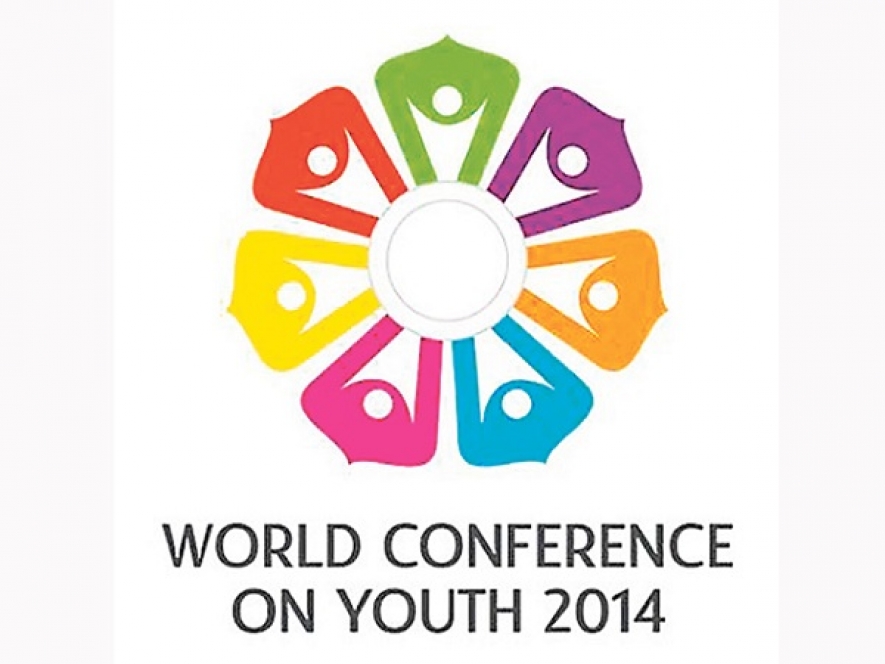The round table discussion on “Ending Systematic Inequalities” took place at the Bandaranaike Memorial International Convention Hall (BMICH) Wednesday morning, chaired by Sri Lankan Parliamentarian Mr. Harin Fernando.
The speakers at the session included UNICEF Representative in Sri Lanka Ms. Una McCauley and Mr. Ricardo Baruch from Mexico representing the Youth Coalition that works on sexual and reproductive rights of youth.
Mr. Baruch addressed the gathering as the first speaker of the plenary. In his brief speech, he expressed his views on the action plan of global organizations such as the United Nations in terms of paying attention to systematic inequalities present in the world.
He pointed out that the United Nations did not take into account systematic inequalities under Millennium Development Goals (MDGs). “They failed to address very basic issues” he said.
According to Mr. Baruch, the proposed MDGs failed to address issues relating to systematic inequalities. About education, he said we as a whole do not go into deeper levels to find out the outcomes of steps taken by us. He is also concerned about sexual rights of people. He explained how he could become a victim of systematic inequalities as a gay citizen in his homeland Mexico where homosexuality is prohibited by law.
Mr. Fernando addressed the gathering as the second speaker on the plenary. His speech focused on the situation in Sri Lanka concerning the theme of the session. He explained how Sri Lanka could be at an advantage due to general facilities such as free education and health services, which are not provided even in some of the most developed countries. He also mentioned that Sri Lanka performs well as a country in the indicator of maternal health.
Discussing gender equality, he said that female representation in Sri Lanka’s Parliament is less than six percent. Concluding his short speech, he revealed that he is a part of the youth in the Parliament that tries to bridge the gap in the society which is a byproduct of systematic inequalities.
Ms. McCauley started her speech by sharing “good news.” She stated that this is an era that we could celebrate for reasons such as longevity, having more students learning in schools and most children surviving up to the fifth birthday. However, she still believes that the world is suffering from different types of systematic inequalities. “The world you are growing in today is unequal,” she said.
As she progressed in her speech, she shifted her focus onto income inequality. She believes that the topic of income inequality is crucial for it is intertwined with other inequalities. Portraying the economic disparity in the world, she explained how rich nations get richer while poor nations, including indigenous communities, strive to survive spending a very small amount like a dollar per day. She proved her stance with statistics that revealed how children in poor families are three times likely to be under weight and two times likely to die before their fifth birthday




















